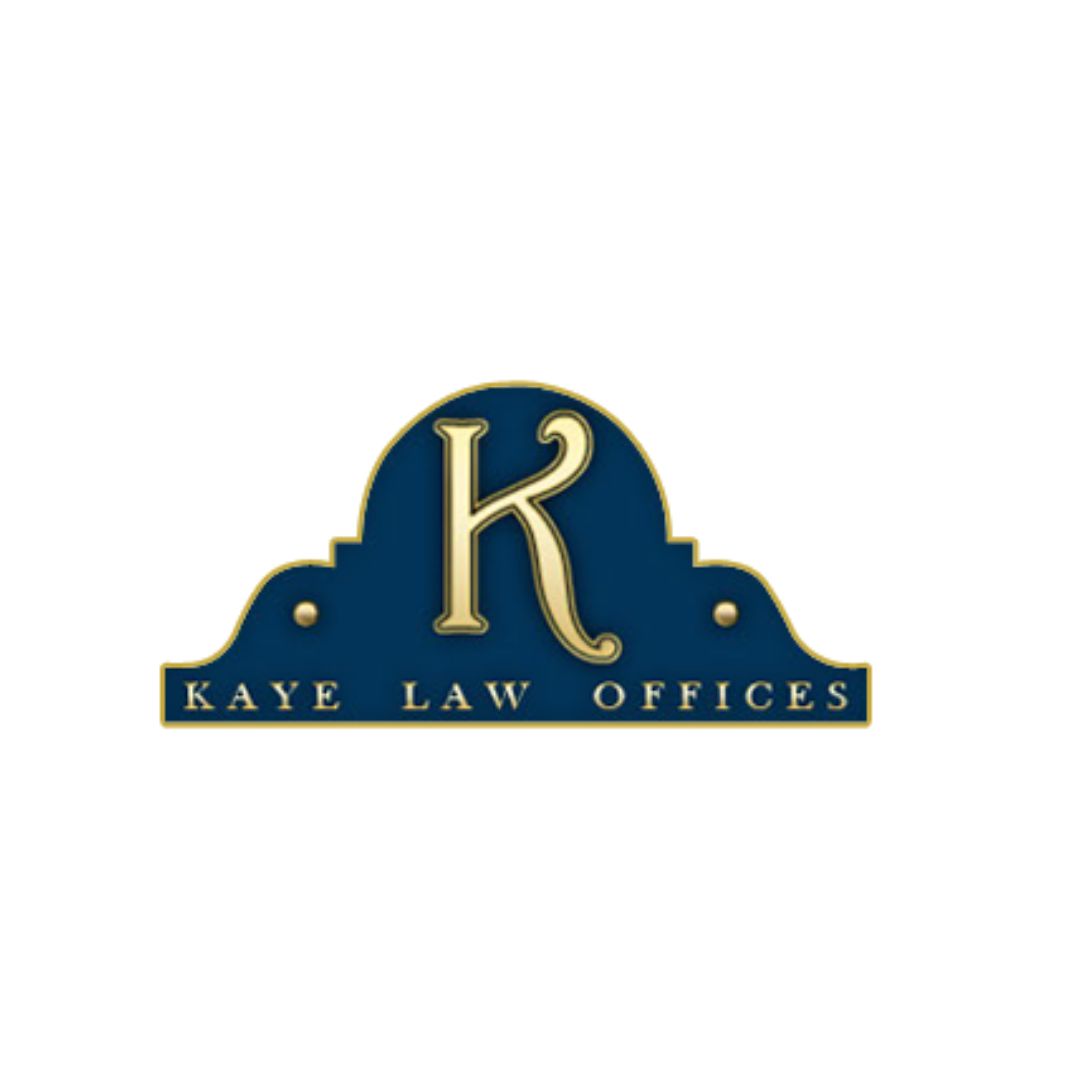What to Expect During a Personal Injury Mediation in Los Angeles?

Strong 8k brings an ultra-HD IPTV experience to your living room and your pocket.
Personal injury mediation is a common method for resolving disputes without going to trial. It involves a neutral third party, known as a mediator, who helps both sides reach a mutually acceptable agreement. If you’re preparing for a personal injury mediation in Los Angeles, understanding the process can help you feel more confident and prepared.
Here’s what you can expect during personal injury mediation and how the best personal injury lawyer in Los Angeles can help you in this regard.
Initial Preparation
Before the mediation session, both parties will prepare their cases. This involves gathering all relevant documents, such as medical records, accident reports, and any other evidence that supports your claim. Your attorney will also help you understand the strengths and weaknesses of your case and develop a strategy for the mediation.
The Role of the Mediator
The mediator is a neutral party who facilitates the discussion between you and the opposing party. Their role is not to make decisions but to help both sides communicate effectively and explore potential solutions. The mediator will ensure that the process is fair and that both parties have an equal opportunity to present their case.
Opening Statements
The mediation session typically begins with opening statements from both sides. Your attorney will present an overview of your case, including the facts, the extent of your injuries, and the compensation you are seeking. The opposing party’s attorney will do the same. These statements provide a foundation for the discussions that will follow.
Private Caucuses
After the opening statements, the mediator will usually separate the parties into different rooms for private caucuses. During these private sessions, the mediator will speak with each party individually to understand their perspectives and explore potential areas of compromise. These discussions are confidential, allowing both sides to speak openly without fear of their statements being used against them later.
Negotiation and Offers
The mediator will shuttle between the rooms, conveying offers and counteroffers between the parties. This process is known as shuttle diplomacy. The mediator will help both sides understand the strengths and weaknesses of their positions and encourage them to consider reasonable compromises. It’s important to remain patient and open-minded during this phase, as it can take time to reach an agreement.
Confidentiality
One of the key aspects of mediation is confidentiality. Everything discussed during the mediation is confidential and cannot be used as evidence if the case goes to trial. This confidentiality encourages open and honest communication, which can facilitate a more effective resolution.
Reaching an Agreement
If both parties reach a mutually acceptable agreement, the mediator will help draft a settlement agreement. This document outlines the terms of the settlement, including the amount of compensation and any other conditions. Both parties will review and sign the agreement, making it legally binding. Once signed, the settlement agreement resolves the dispute, and the case will not proceed to trial.
What If Mediation Fails?
If the parties cannot reach an agreement during mediation, the case may proceed to trial. However, mediation often helps narrow the issues and clarify the positions of both sides, which can be beneficial if the case does go to court. Additionally, even if mediation does not result in a settlement, it can still provide valuable insights and pave the way for future negotiations.
Benefits of Mediation
Mediation offers several benefits compared to going to trial:
• Cost-Effective: Mediation is generally less expensive than a trial, as it involves fewer legal fees and court costs.
• Time-Saving: Mediation can resolve disputes more quickly than the lengthy trial process.
• Control: Both parties have more control over the outcome in mediation, as they work together to reach a mutually acceptable solution.
• Less Stressful: Mediation is a less formal and adversarial process than a trial, which can reduce stress and anxiety for both parties.
Tips for a Successful Mediation
To increase the chances of a successful mediation, consider the following tips:
• Be Prepared: Gather all necessary documents and evidence to support your case.
• Stay Open-Minded: Be willing to consider different perspectives and potential compromises.
• Communicate Clearly: Express your needs and concerns clearly and respectfully.
• Listen Actively: Pay attention to the mediator and the opposing party’s points of view.
• Be Patient: Mediation can take time, so remain patient and focused on finding a resolution.
Conclusion:
Personal injury mediation in Los Angeles is an effective way to resolve disputes without the need for a trial. By understanding the process and knowing what to expect, you can approach mediation with confidence and increase the likelihood of a successful outcome. Remember, the goal of mediation is to reach a fair and mutually acceptable agreement that addresses your needs and helps you move forward. If you have any questions or concerns, don’t hesitate to consult with the best personal injury lawyer in Los Angeles for guidance and support throughout the mediation process.
Note: IndiBlogHub features both user-submitted and editorial content. We do not verify third-party contributions. Read our Disclaimer and Privacy Policyfor details.




